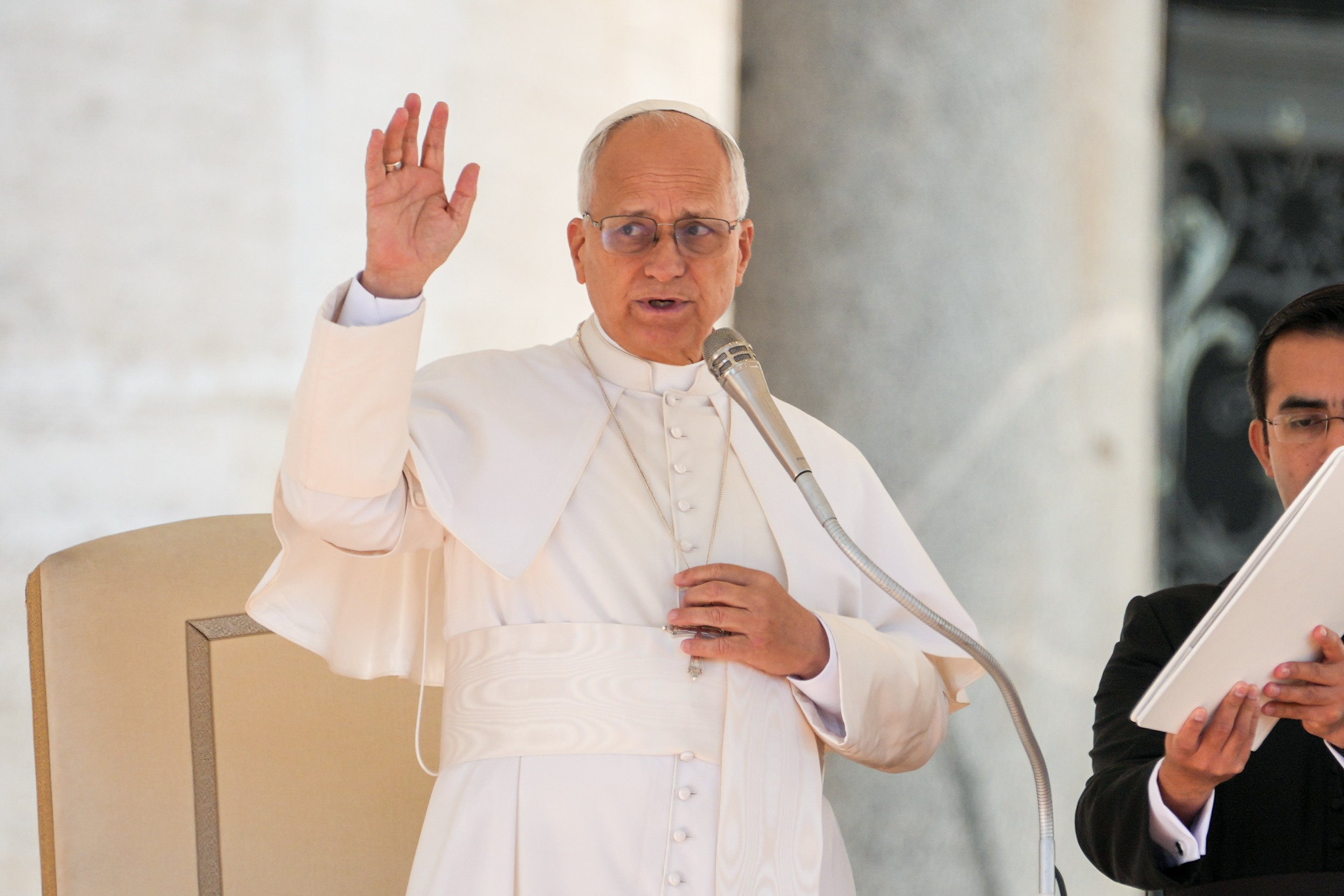April 6, 2018 at 1:53 p.m.
WORD OF FAITH
The giver of life
'You are looking for Jesus of Nazareth....He has been raised;He is not here.' - Mark 16:6
(Editor's note: This column covers four of the nine readings for the Easter vigil Mass.)
The importance of the Easter vigil celebration cannot be overemphasized. No one had to tell early Christians to participate. The liturgy commemorated something each had experienced: dying and rising with Jesus. Its readings touch the heart of our faith.
In Genesis (Gen 1:1-2:2), the more "recent" (500 BCE) of our two Genesis creation myths zeroes in on Yahweh's control over all things and stresses how good God's actions are in our lives.
Six times, the author tells us Yahweh found acts of creation "good" - a message that's easy to forget. We usually concentrate on the death dimension of our actions, not their life-giving aspects.
God steps in
The Exodus narrative of the Israelites' crossing of the sea (Ex 14:14-15:1) was not only the most important action of Yahweh in the Hebrew Scriptures, it was also the focus of early Christians when they reflected on Jesus' resurrection. It most mirrored their experience of dying and rising with Jesus.
Just when the situation seems most hopeless, God steps in and brings life out of death, freedom out of slavery. No one had to preach a homily on Exodus; everyone understood how it applied to the Good Friday/ Easter Sunday event.
When the followers of Deutero-Isaiah were putting his oracles in order, they saved the best for last (Is 55:1-11). The prophet constantly zeroed in on the power of Yahweh's Word, even in the midst of the disaster of the Babylonian Exile.
When all seems lost, God's word is still here, as effective as rain and snow from heaven, watering the earth, "making it fertile and fruitful, giving seed to the one who sows and bread to the one who eats." The words and experience of Jesus are the source of our imitation of Jesus, even in the midst of our everyday disasters.
The Easter vigil Gospel (Mark 16:1-8) is especially significant. Late theologian Raymond Brown always encouraged his students to read the four Gospel accounts of the discovery of the empty tomb in one sitting, to surface the unique resurrection theology of each.
Open to interpretation
Many of us mistakenly think the Gospel authors composed their empty-tomb and risen-Jesus narratives as proof for their readers that Jesus had risen from the dead. Brown presumed the Gospel communities already believed Jesus had risen. The evangelists were more interested in conveying the meaning of the event.
Mark's Gospel originally ended after verse 8, mentioning that the women left the empty tomb and said nothing. Subsequent verses were added by scribes trying to align Mark's Gospel with the other three.
For the first evangelist, the risen Jesus is simply "out there somewhere." There are no specific appearances, no ascension. "Galilee" is where His disciples lived, where they're to surface Jesus as a new creation in their everyday lives. Mark is telling his readers that each Christian comes across the risen Jesus in different people, situations and places.
We've yet to even scratch the surface of the implications of that belief.[[In-content Ad]]
SOCIAL MEDIA
OSV NEWS
- Pope offers prayers for the Philippines and for peacemakers
- Dig deep and work patiently to keep church on solid foundation, pope says
- Portland archbishop on ICE: Human dignity comes from God, not government
- Christian hope shows the earth can resemble heaven, pope says
- Washington Roundup: Election shifts; Venezuela vote; transgender passports, and more
- Novel highlights power of art and music as a salve to troubled humanity
- Supreme Court sides with Trump administration to temporarily block full funding for SNAP
- Former diocesan fundraising director indicted on wire fraud for alleged 6-figure theft
- Love is key to church’s mental health ministry, says bishop who lost family to suicide
- Caring for creation is part of peacemaking, pope tells COP30







Comments:
You must login to comment.